Pablo Larraín, Dictatorship and cinema | Contemporary cinema
First approach I had with Pablo Larrain’s cinema was with the movie No, nominated for an Academy Award in 2012 and starring Gael García Bernal. I have to admit that by this time I wasn’t fully aware of who Augusto Pinochet was, and what was presented to me was simply overwhelming: the reality that a country lived, but also the premise of a distinct Latin American cinema of profound historical reflection of its context.
Latin American cinema has become a reference around the world, succeeding in differentiating through a raw and honest speech about its cultural and social realities. Perhaps, it’s not looking to impose itself as a dogma of thought, like The Cinema of the Other Europe or the Hong Kong Cinema, but more rather like that small but important cinema coming from the Near East, just as Kiarostami’s cinema that we worked on before. Latin American cinema, being the periphery of the most important international film production system, Hollywood, has become influenced in its own way, but has been rebellious in its forms.
It seems that in this constant search of identity, Latin American cinema, and in this case Larrain’s cinema, the director to analyze in this occasion, proposes to be direct and voracious with our political and social truthness in what characterizes our countries so much like it is our vast history of Dictatorships; for it not to be forgotten, no matter the time.
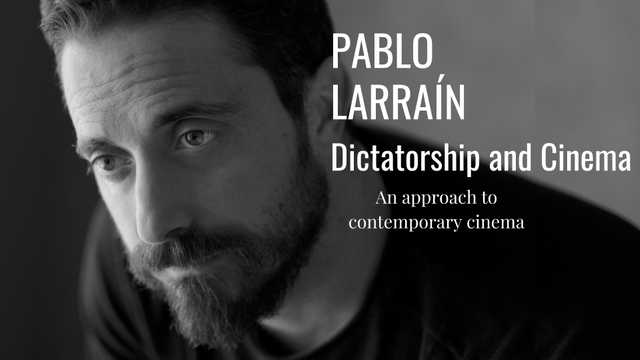
Post-dictatorship Cinema: A new era.
During the almost two decades of Pinochet’s term (1974 – 1990) the whole country was censored. Some filmmakers were exiled, others dedicated to advertising; those were moments of a lot of silence in Chile. It’s not until 1989’s plebiscite, when Pinochet’s military regime falls, that filmmakers start looking for references to an immediate past. The 90’s and early 00’s films allude to dictatorship times and portray a diverse Chile, affected by totalitarianism and modernity. Chilean reality displayed a struggle between its past, devastating present and the future they wanted as a nation after so many years under the shadows.
The dictatorship would leave a lot of pain, rage and resentment in the heart of the Chilean people, like the case of Pablo Larraín, who’s born in the midst of the term, within a right-wing party family benefited by it; however, this doesn’t influence at all his films and he strongly rejects it.
“In Chile, the right-wing is a direct responsible, through Pinochet’s government, of what happened with the culture those years, not only with its elimination and non-propagation but, also, with the persecution of authors and artists”, Larraín declared to EFE Agency in 2008
Chile, after the dictatorship, turned itself into a country where the ghosts of those who were murdered, the pain and all the unpunished crimes continue to inhabit; all of that is reflected in Pablo Larrain’s filmography, as in many other Chilean directors (Andrés Wood, Patricio Guzmán), but, it would be specifically in his trilogy about Pinochet, with the films Tony Manero (2008), Post Mortem (2010) and No (2012), where Pablo Larrín would confront the dictatorship subject in cinema, making him one of the most renowned and important directors of his country and Latin America.
Dictatorship and Cinema
An overview of Pinochet’s dictatorship Trilogy
Tony Manero (2008)
The opening film for this trilogy is Tony Manero, premiered in 2008, it’s Larrain’s second film and introduce a fantastic but cruel discourse. Larrain’s first feature length, Fuga (2006), goes through that desperation of the Chilean cinema to tell things differently from the political conflicts that the country and the chileans were facing. Pretty energetic and well-made, but it has nothing to do with the distressing reality that Pablo would present to us in Tony Manero.


 |  |  |
|---|
Raúl, an ordinary man, is looking to win a talent show by impersonating the mythic John Travolta’s character in Saturday Night Fever: Tony Manero. The film develops in a 70’s Santiago where decadence, violence and repression by that moment are evident. In this movie, unlike the others that will be furtherly mentioned, we could see that, perhaps, The Dictatorship topic its treated in a subtler way; we know about it, we sense and intuit it with brief dialogues and glances between the characters, that is to say, these characters are not directly related to the dictatorship, but rather they are the result of it. Raúl lives in a boarding house with several people, all of them aspiring actors or dancers that have a little scenario where they present dancing shows or theatre plays in front of a little audience that clandestinely comes to see them and drink during curfews.
A clear example of the subtleness with which the dictatorship was treated in this film is in the scene when militaries arrive to the boarding house looking for a boy, as they start requisitioning the whole house, Raúl escapes, leaving behind his partners while they suffer from the abuses of the regime. A locked up, frightened and silenced country; as well as a vicious and unscrupulous society, is what Pablo Larraín’s introduce to us in the first feature of his trilogy. Culture stagnation in Chile during this historical period, flawlessly portrayed in this film, proves the regression that Chileans suffered in many aspects of their lives. As Larrín mentioned: “For almost twenty years Chile was unable to express itself from an artistic point of view”.
The cultural appropriation topic, or the imitation of idols, is taken in a very sordid way throughout the film. Achieving this impossible ideal take our main character to the extreme of committing murder to obtain an aspiration so distant as, precisely, being Tony Manero
Post Mortem (2010)
I mentioned the word subtle, not because Larrain’s speech was lazy or complacent, on the contrary, the reflection of a perennial cruelty and violence in chilean historicity is brought to our eyes with huge rawness y honesty. A much clearer reflection of this is Post Mortem (2010), that at times takes your breath away.
Post Mortem develops the previous days to the coup d’état against Allende till the instauration of Pinochet’s regime in 1973, from the perspective of a group of forensics. Once more, Alfredo Castro as the main character personifies Mario Cortejo, a forensic transcriber who begins a romance with his neighbor, a cabaret dancer and Allende’s supporter.
Similar to the narrative dynamics in Tony Manero we begin to see how the image of the dictatorship is formed on screen as we get into the protagonist’ everydayness. The banality of evil (according to Hannah Arendt) that this military regime shows leaves in evidence the abuse and control they exercised in every country aspect and on the life of its citizens, turning everyone who didn’t have a chance, and those who, one way or another, found themselves convinced by Pinochet’s violent takeover, into accomplices; such is the case of Mario, who occasionally seems to enjoy these abuses and actually gets to be joyful, because of the false authority he feels after becoming an accomplice of the regime.


 |  |  |
|---|
It is incredible the mastery of Larrain’s images that, with so little said by his characters, make us feel so much. Silence is a fundamental part of Larrain’s filmography, with it, he builds a much more profound and real terror. While the movie seems to be in constant suspense, because we're never completely aware of the context, from the long shots, you can fill the void in the hearts of the Chileans that, in front of this horrifying situation, have nothing left but crying and the contained desire to scream.
Heartbreaking moments carry the rhythm of the film, one after the other they clothe the discourse and submerge us in the dark life of the characters, depressed, unemployed, idle, militants of opposition parties, society is assumed as passive beings and in front of the only act of rebellion of the whole film, only the impotence of the spectator remains, who is plunged into the injustice of the facts as much as the characters.
(With this film, Larraín affirms that his political cinema is neither pamphleteer and much more less cheesy, it is a critique of our inherent violence, of the Latin American heaviness due to so much oppression and of the demons that envelop even the simplest being, Post Mortem and in general Larraín's cinema is a look at the ignored, to the vulgar, to the simplicity of one who might be irrelevant to a historical process such as that of Pinochet's dictatorship, but it is in that one individual where you get all the answers, and that is why Larraín's cinema is so valuable, because he dares to tell what no one else can.)
No (2012)
Following the premise of those silenced by history, the closing of Larraín's trilogy comes with NO (2012), Larraín's consecration as an international level director. This film closes the idea that Larraín feeds on absolutely every resource he has to tell a story, almost turning over its head, NO, is the closing of a trilogy of three films that are extremely different in their forms, and so close simply because of the honesty in their discourse. But it doesn’t surprise that NO has been nominated for the Oscar’s and the one with the highest commercial reception, this is the most audacious film because it put Pinochet's dictatorship in a language that everyone could understand, it is no longer the suffering but the desire to get out of it.


 |  |  |
|---|
The film focuses on Santiago in 1988 in which, due to international pressure, Pinochet is forced to hold a plebiscite to certify his regime, where Chileans would vote YES or NO to keep Augusto Pinochet in power. This time, Gael García Bernal is the lead character and plays René Saavedra, a successful publicist who leads the opposition's NO campaign. The campaign counts with 15 minutes on national television, the task is complicated, Saavedra faces the Chilean opposition, so beaten by the abuses of the fascist right-wingers that they only want to unmask the regime to get justice for all the crimes; the regime controls 24 hours of the rest of the national programming so they must be as blunt as possible in their speech in a short period of time. René knows that showing only crimes is not ideal, that the Chilean people are aware of all of them and what they need is to recover hope for a better future.
Joy then becomes the theme of the NO campaign and they manage to build a solid one with the support of celebrities, catchy musical themes and clips that aspire to a better reality, all the goodness of Marketing. Here I share one of the programs of Franja del No transmitted in a nationwide transmission and that were used in the film.
The Melancholy in image.
Cinematographic language, although it is complex, manages, like no other art, to express the incommunicable. Earlier we mentioned the subtlety in Larraín's narration, which exists because the image is loaded with elements that denote a message and a way of telling things completely from the visual aspect. In this trilogy melancholy exists in those long shots where we observe the expressionless face of Raúl in his Tony Manero costume, the insensitivity of Mario or the expectations of the demonstrators in NO; that silence, fixed shots and, generally, a camera in hand with a lot of movement, makes us feel the true heaviness of time, this, as we have seen in our previous works, is a clear characteristic of contemporary auteur’s cinema where the directors look for a cinematographic construction more and more realistic and vivid.
The closed shots are also a characteristic of the trilogy, enclosing our characters in the frame, and therefore in their reality and what they go through, visually the films do not seem to have much connection since the three handle a different format, Tony Manero in a conventional 16:9, Post Mortem is a cinemascope with a very elongated format and NO is a 4:3 format, all recorded in analogical format to even be enlarged or reduced in size in postproduction. NO is perhaps the clearest example that was also recorded with equipment from the 80's, generating an effect that, as in reality, tries to demonstrate the different tones that may exist in a situation and that in particular makes you wonder: Is this Larrain’s NO campaign? When we realize that there is no difference between the format and quality of the NO campaigns with the film we are watching, that’s how deeply Larrain immerse us in his work.
Perhaps the most interesting stylistic element implemented by Larraín in this trilogy is the disorganization of space and time that takes place during the films and that, like many of the stories of Pinochet's dictatorship, ends up being a puzzle to be solved. Just as in Post Mortem and the death of La Nancy, Raúl rehearsals as Tony or the protests and abuse in NO, all are presented in short moments during the film that try to put together this strange puzzle of living a dictatorship.
And how, handling the same theme, was he able to deliver three very different films, the film critic Gerard Alonso mentions something very certain about this trilogy:
"The first feature of Larrain’s dictatorship’ trilogy is a slasher in the same way that Post Mortem is a post-apocalyptic science fiction film (...) Both allude to that era portraying themselves as the setting for fantasy genre films, as if Pinochet's dark, genocidal and tenebrous Chile (...) could only be remembered as the setting of an unhealthy fiction".
But is Chile still in the post-dictatorship film era? Pablo Larraín is a fervent enthusiast of travelling through the past and mentions that for him it is only a layer of our present to which we have to constantly resort, so he has been in charge of building that identity of the Chilean cinema through its social and political history in order to recognize himself before the world; as an auteur filmmaker or as a simple maker of images of public consumption. The struggle to achieve a cultural and political bond to unify nationalist thinking and getting to distinguish its cinema with a reality of cultural meanings, continues to be a goal for Chilean and Latin American cinema.
References
An approach to contemporary cinema
“An approach to contemporary cinema" is a project in constant growth that seeks to expand the vision of the users of Steemit about contemporary cinema, beyond the one we consume in a more commercial way, bringing them closer to the work of authors from different parts of the world who experiment with cinematographic language, the problematics of this modern and globalized world in which we live. A way of understanding each other through cinema, that is the purpose of this project that hopes to study as many Directors as possible from all over the world. For the time being, Haneke has been presented as an exponent of that other Europe (Austria), Wong Kar-Wai for the Far East (Hong Kong), Abbas Kiarostami from the Near East (Iran) and now Pablo Larraín, the Latin American cinema that has taken the world by surprise.
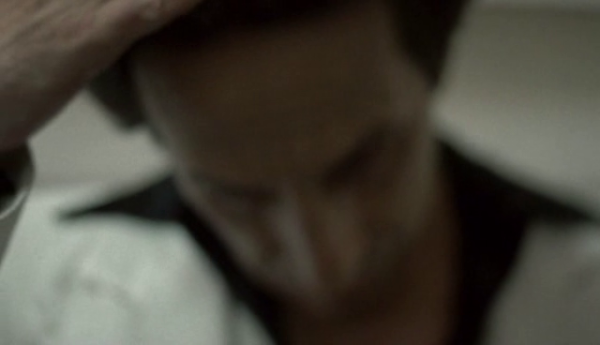
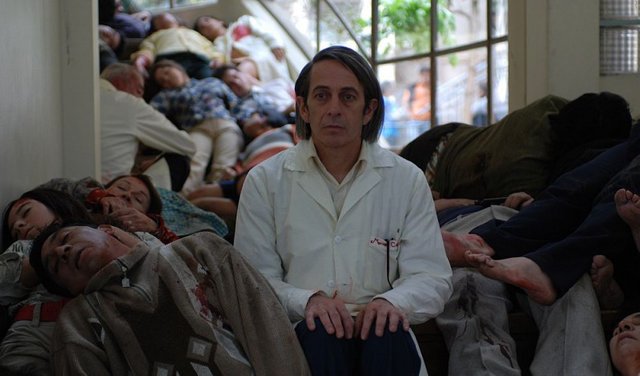
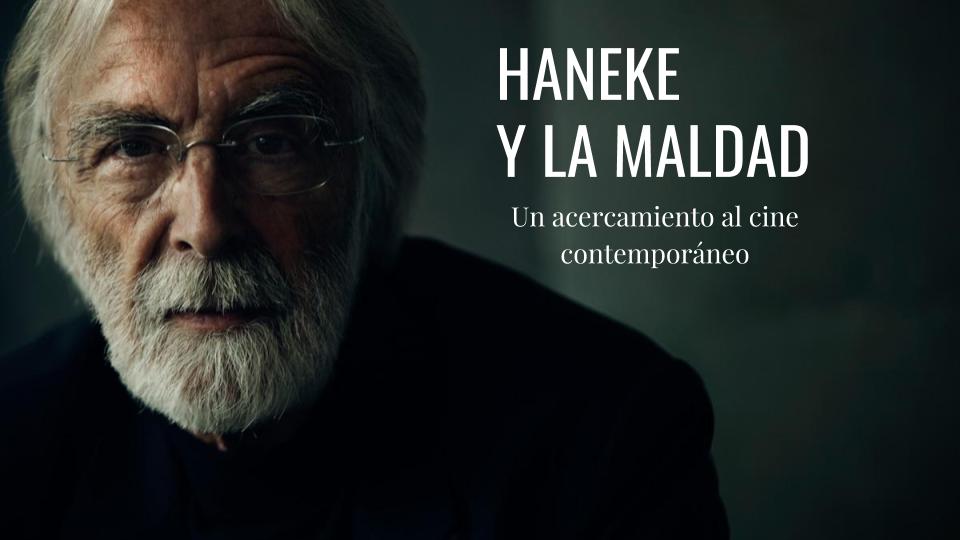
.png)
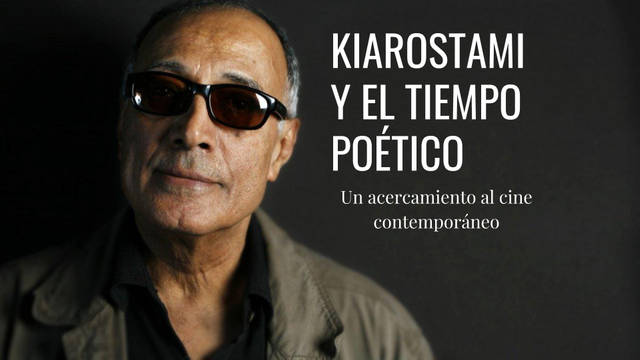

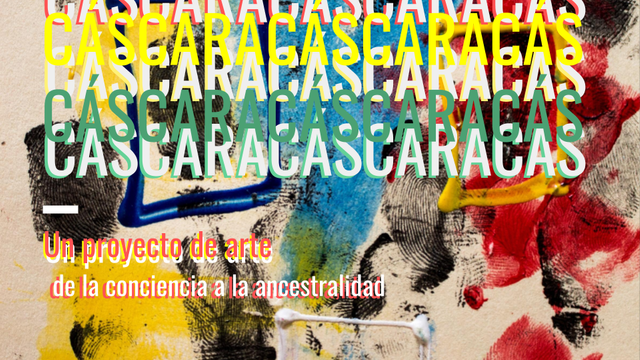
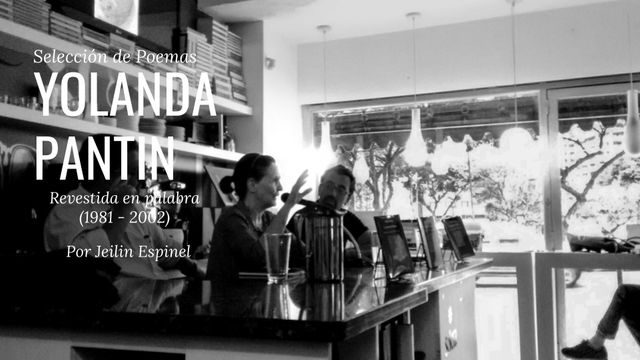
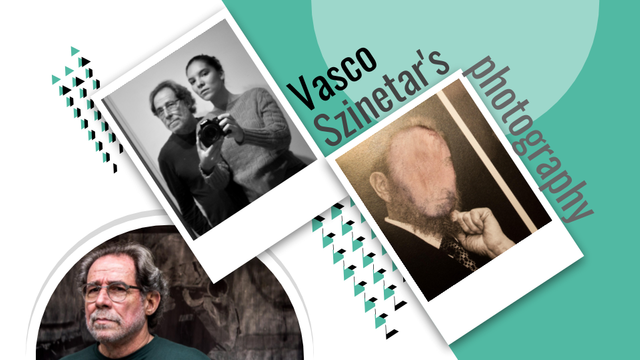
Hey @jeilinespinel, thank you for sharing such heartbreaking post about the creation of Pablo Larrain. I have never heard this name before but while reading the post of course I recognized the name Pinochet, it is very well known as a dictator but we do not clearly have idea what every happened in this Latin American country. In my opinion these movies have the right to exist and must be translated into different languages adn shown so that humanity knows the volume of the horror, think about that adn probably will not repeat such mistake. We are all equal, we are all human, no matter where we live and what language we speak, we all have the same right and we should help each other to avoid such terror in large mas scales.
That is really good post with a lot of learning point for every of us, thank you for sharing,
Cheers, from Art-supporting blog,@art-venture
Yes, I think you're right, latinoamerica has always been a very difficult place to do art and to express yourself freely, it's good to see this cinema because its a prove you can make a different thing that also makes people reflect about their past and how we've lived our stories. Thank you so much for your comment, means a lot.
Congratulations! This post has been upvoted from the communal account, @minnowsupport, by jeilinespinel from the Minnow Support Project. It's a witness project run by aggroed, ausbitbank, teamsteem, someguy123, neoxian, followbtcnews, and netuoso. The goal is to help Steemit grow by supporting Minnows. Please find us at the Peace, Abundance, and Liberty Network (PALnet) Discord Channel. It's a completely public and open space to all members of the Steemit community who voluntarily choose to be there.
If you would like to delegate to the Minnow Support Project you can do so by clicking on the following links: 50SP, 100SP, 250SP, 500SP, 1000SP, 5000SP.
Be sure to leave at least 50SP undelegated on your account.
Hi jeilinespinel,
Visit curiesteem.com or join the Curie Discord community to learn more.
Thanks foto all the support!
Thanks for introducing me to the works of Pablo Larrain. Isn't it amazing how different storytelling traditions are in various parts of the world, including Chile from the stereotypical Hollywood 3 act structure? Films are a great way to show the horrors of reality in a more bearable way...
Yes, you're right, I think that's why we always have to see and enjoy film from around the world, to see how different we can be but also where we can found eachother in our different realities.
This was an intense article but very interesting about the history of Pablo Larrin's and the dictatorship. You must have done a detail research on this subject because the review was informative and completed. You have provided rinformation of the dictatorship in each part of the film. Now I knew that Latin America cinema was a reference around the world. Thank you for this informative article.
Thank you for your comment. Yes, it was a very deep research about the movies and the cinema of Larrain, I think I saw every movie maybe 4 times. But thats the job!
Wow.. average 4 times for each movie. I salute you.. But it really pay off the hardwork. I love your article.
This is amazing I mean it looked you knew the onus of Pablo Larraín and the contemporary times, I never knew of him I love the fact that you choose to a write a very intriguing and detailing one on him, how can you explain his dictatorial effect on the cinema of nowadays?
The dictatorial effect of Pinochet in the cinema of nowadays? Well, that its what Larraín wants to show, I think nowdays chilean cinema its very succesful but in a international way, because in its own country has not been the best comercialy, as in all latinoamerica and its because we dont do much of comedy of thrillers, and that has maybe make a distance between the national cinema and the people of that countries
Congratulations! Your post has been selected as a daily Steemit truffle! It is listed on rank 18 of all contributions awarded today. You can find the TOP DAILY TRUFFLE PICKS HERE.
I upvoted your contribution because to my mind your post is at least 9 SBD worth and should receive 202 votes. It's now up to the lovely Steemit community to make this come true.
I am
TrufflePig, an Artificial Intelligence Bot that helps minnows and content curators using Machine Learning. If you are curious how I select content, you can find an explanation here!Have a nice day and sincerely yours,

TrufflePigGreetings.
It seems curious (which for me, is a euphemism for uncomfortable) how Latin America seems to be a terrain unknown to the rest of the world, and whose eventual notoriety is closely linked to the emergence of strong undemocratic personalities that drag their nations into a self-destructive spiral. It's a pity that we tend to be recognized internationally through the "caudillos" who took hold in power (not even by its management, simply by its name), or by devoting ourselves too much to being monoproducers of a basic resource. Of course, we are a young territory, with newborn republics that are still trying to deal with their own management and independence.
Larraín is a name I've heard a couple of times, of course I'm not aware of his work. So, it's just a matter of finding free time and dedicating it to this trilogy that looks interesting and instructive.
I strongly recomend this movies, they are a great way of see a new type of cinema and also learn and really get introspective thru de film. I hope you get to see them. My favorite it's Tony Manero because I think it's the deeper one, but NO it's a great way to start the trilogy even so it's the last one, as I say in the post, they're a puzzle that it's forever to resolve. Thanks for your comment!
Claramente tendré que sumergirme en el mundo de Larraín si pienso sacar provecho de su trabajo, genial :)
It was interesting to read your article especially because I grew up in a country with similar background. I can fully understand what dictatorship and cinema means and of course, what comes after the dictatorship. I'd like to thank you for bringing this trilogy to my attention. I know very little about Pablo Larraín and Chilean cinema, so it's time to learn more. Well done!
Thank you for your comment, if you take your time to see this movies you won't regret it, they are great ways to know a little bit more of history and to realise how evil the human can be
I will definitely watch some of them, the twelve angy men for sure!
Congratulations @jeilinespinel! You have received a personal award!
Click on the badge to view your Board of Honor.
Do not miss the last post from @steemitboard: